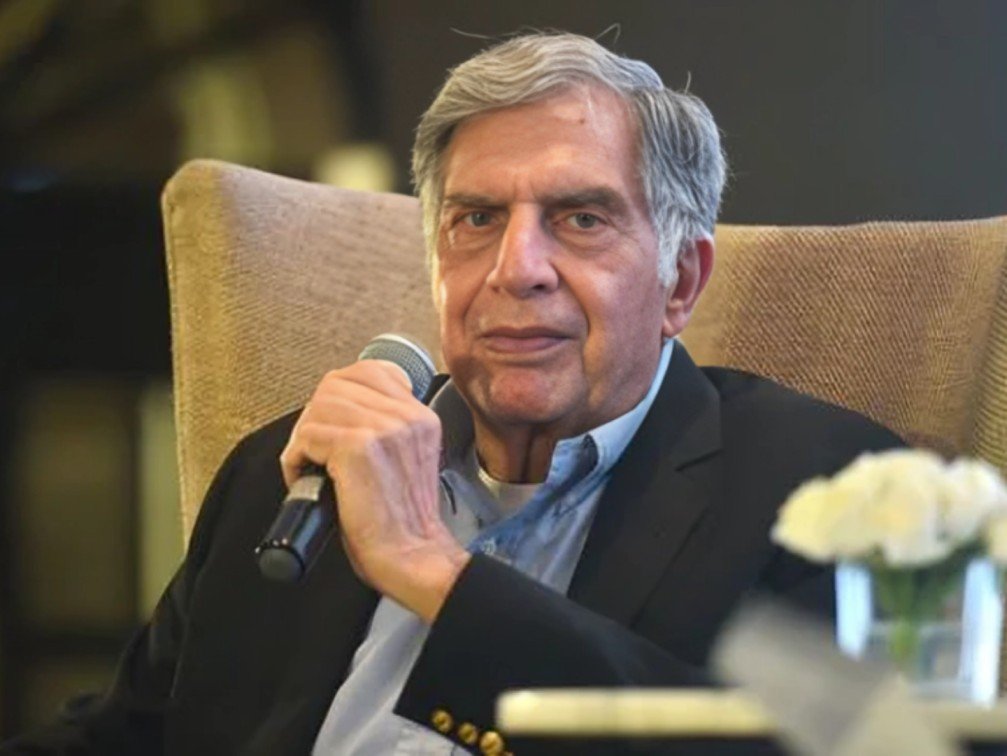Paulo Coelho is a name associated with inspiration, spirituality, and literary brilliance. Paul is a Brazilian author who has worldwide success in his ability to explore deep life lessons through simple yet evocative storytelling. Best known for his novel The Alchemist, Coelho’s journey from rebellion and hardship to becoming one of the most widely read authors is quite an incredible tale of perseverance and faith.

Early Life and Background
Author Paulo Coelho was born to a conservative Catholic family on August 24, 1947. His father, Pedro Queima Coelho de Souza, was an engineer; his mother, Lygia, was a homemaker. Paulo’s creativity and tendency for non-conformity were at odds with the strictures of the household he grew up in.
As early as his childhood, Paulo had a passion for writing, but to his parents it was impractical. Because of his son’s flowing unconventional ideas, the parents sent him to psychiatric institutions thrice between the ages of 16 and 20. His confinements entailed electroconvulsive therapy, a procedure that would mark the rest of his life. Coelho reflected on this period: “It wasn’t to destroy me; it was to save me.”
After these challenges, however, Paulo’s tenacity led him to his passion: art and storytelling.
Career Beginnings
Actually, Paulo Coelho had tried himself in various creative ways prior to his success in becoming a novelist. He was a lyricist back in the 1970s working with famous Brazilian rock musician Raul Seixas, where they composed songs that became anthems for Brazil’s countercultural movement.
At that time, he did some work in theater, journalism, and television screenwriting. Still, his urge to become a novelist was not yet fulfilled.
In 1986, a life-changing pilgrimage along the Camino de Santiago in Spain inspired Paulo to begin further spiritual studies. It was this pivotal experience on which he based his first important book, The Pilgrimage, published in 1987.
Breakthrough with The Alchemist
In 1988, Paulo Coelho published The Alchemist. The first edition sold less than 1,000 copies. Not giving up, Coelho followed up, and the novel was reprinted in 1993. It then became an overnight sensation all over the world.
Today, The Alchemist has been translated into more than 80 languages and has sold more than 150 million copies. Its themes of following one’s “Personal Legend” and trusting the universe have resonated with readers, making it one of the greatest-selling books of all time.
Philosophy and Writing Style
Paulo Coelho’s works often deal with subjects such as self-discovery, destiny, love, and spirituality. He uses allegory and symbolic narratives to portray deep truths about life. His writing is very simple and hence communes well with diverse races and backgrounds.
Coelho’s philosophy can be best summarized in his super iconic line of The Alchemist:
When you want something, all the universe conspires in helping you to achieve it.
This belief in the power of dreams and perseverance is a recurring motif in his works.
Personal Life
Paulo Coelho married Christina Oiticica, an artist and his lifelong partner, in 1980. The couple lives a nomadic life, dividing their time between Europe and Brazil. Throughout his career, Paula has always appreciated Christina’s unwavering support towards his literary success.
Coelho is a keen traveler, and his novels have been inspired by his experiences worldwide. Elements from cultures and philosophies are often interwoven with spiritual explorations in his novels.
Achievements and Recognition
Paulo Coelho has received numerous accolades throughout his career, including:
- The Crystal Award by the World Economic Forum.
- Appointment as a United Nations Messenger of Peace in 2007.
- Recognition as one of the most influential figures in contemporary literature.
His works have inspired adaptations into films, theater productions, and even operas, further solidifying his legacy.
Philanthropy
Coelho is passionate about social causes. In 1996, he set up the Paulo Coelho Institute to help Brazil’s disadvantaged children and elderly. He has particularly promoted education, creativity, and literacy as emancipatory forces through this initiative.
Bibliography
Paulo Coelho’s extensive body of work includes novels that have been translated into numerous languages. Some of his most notable works are:
| Year | Book Title | Description |
| 1987 | The Pilgrimage | Chronicles Coelho’s spiritual journey along the Camino de Santiago. |
| 1988 | The Alchemist | A fable about following one’s dreams and discovering personal destiny. |
| 1990 | Brida | Explores love, spirituality, and the quest for self-knowledge. |
| 1992 | The Valkyries | A mystical story about seeking personal enlightenment and encountering spiritual guides. |
| 1994 | By the River Piedra I Sat Down and Wept | A romantic and spiritual journey about reconciling love and faith. |
| 1996 | The Fifth Mountain | A fictionalized retelling of the biblical story of Prophet Elijah. |
| 1998 | Veronika Decides to Die | Examines the meaning of life and mental health through the story of a young woman. |
| 2000 | The Devil and Miss Prym | A tale exploring human nature, morality, and the balance between good and evil. |
| 2003 | Eleven Minutes | Delves into the nature of love, sex, and intimacy through the journey of a young woman. |
| 2005 | The Zahir | A story of self-discovery and the quest for love and reconciliation. |
| 2006 | The Witch of Portobello | Explores the life of a mysterious woman through the perspectives of others who knew her. |
| 2008 | The Winner Stands Alone | A commentary on the obsession with fame, luxury, and success in modern society. |
| 2010 | Aleph | A reflective narrative about confronting personal fears and past lives. |
| 2012 | Manuscript Found in Accra | A philosophical discourse on love, courage, and resilience. |
| 2014 | Adultery | A story about the struggle to find meaning in life and relationships. |
| 2016 | The Spy | A fictionalized account of Mata Hari’s life, exploring themes of betrayal and strength. |
Legacy
Through Paulo Coelho’s books, inspiration can be seen among readers across the globe, beyond all linguistic and cultural barriers. His imagination for the weaving of spiritual insights into a very captivating narrative has made him a literary icon. His legacy is not only his best-selling novels but his unflinching faith in the ability of dreams and human potential.
Stay tuned to inspire4ward for more updates.



